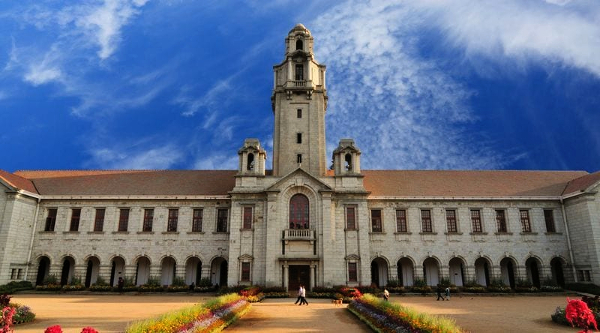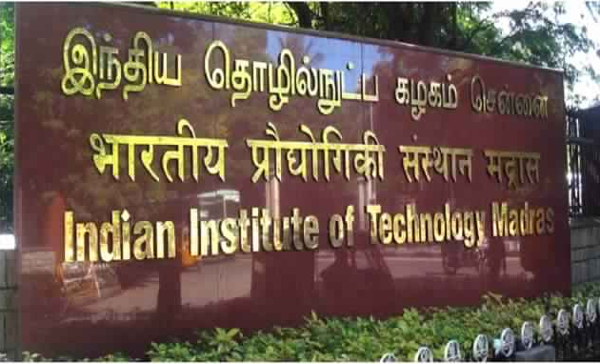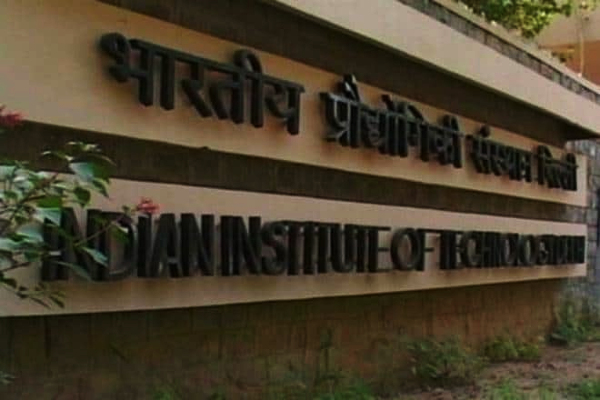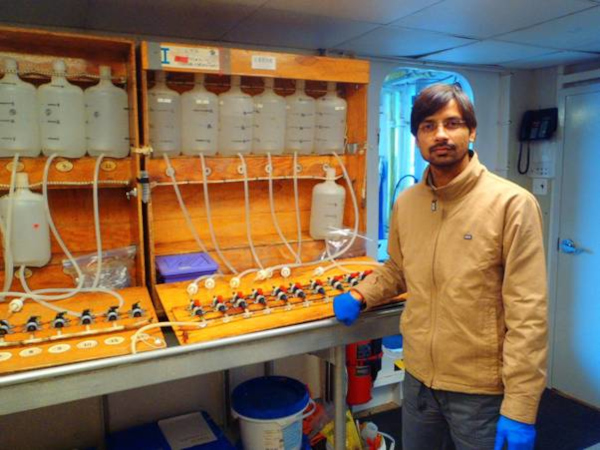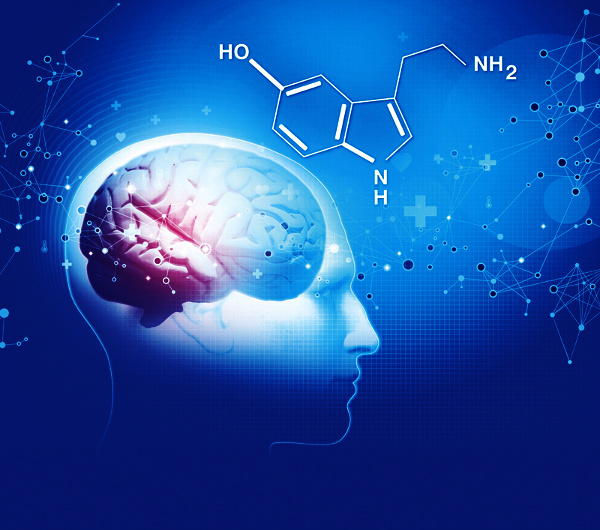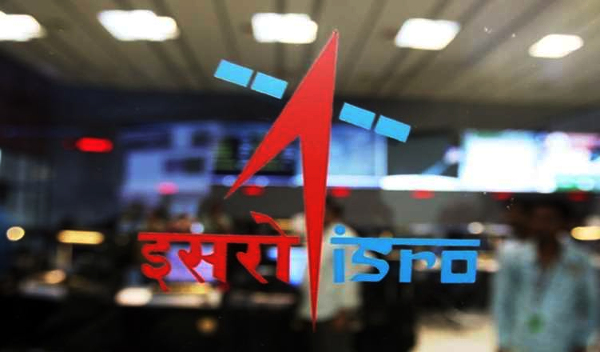IISc Researchers Show Hydrogen Sulphide Gas Suppresses HIV Infection
The researchers at the Indian Institute of Science have found out that hydrogen sulphide gas can suppress the Human Immunodeficiency Virus or HIV virus. A team from the Department of Microbiology and Cell Biology and the Center for Infectious Disease Research in IISc have ascertained that increased hydrogen sulphide in the body reduces the rate at which the HIV virus multiplies in the immune cells.
